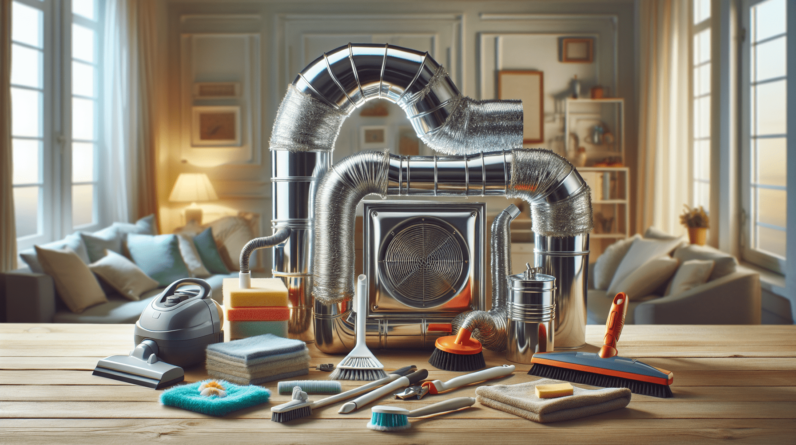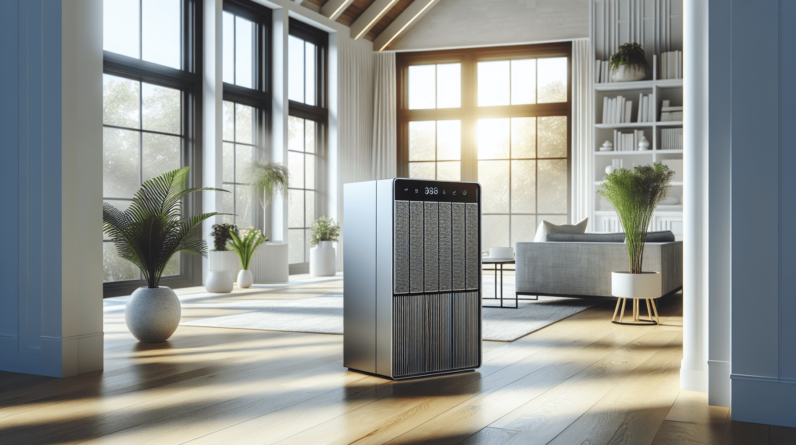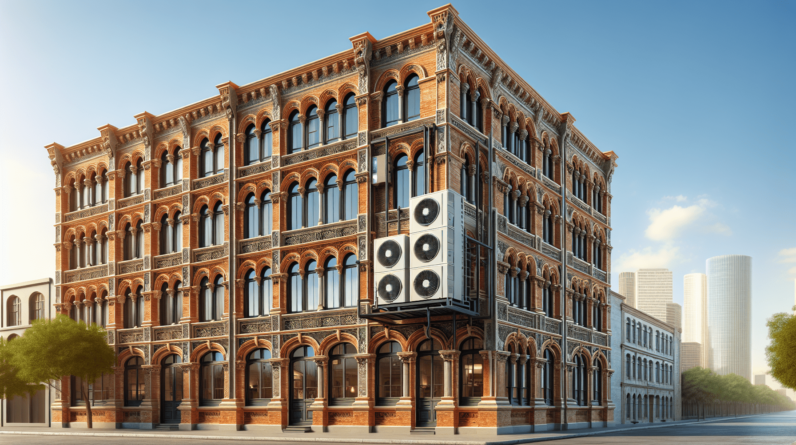
Have you ever felt the discomfort of sweltering heat on a summer’s day, or the chill of a cold winter night? If you have, you probably realize how important it is to have reliable climate control in your home. A windows air conditioner and heater can make a world of difference, providing a comfortable atmosphere no matter the weather outside.
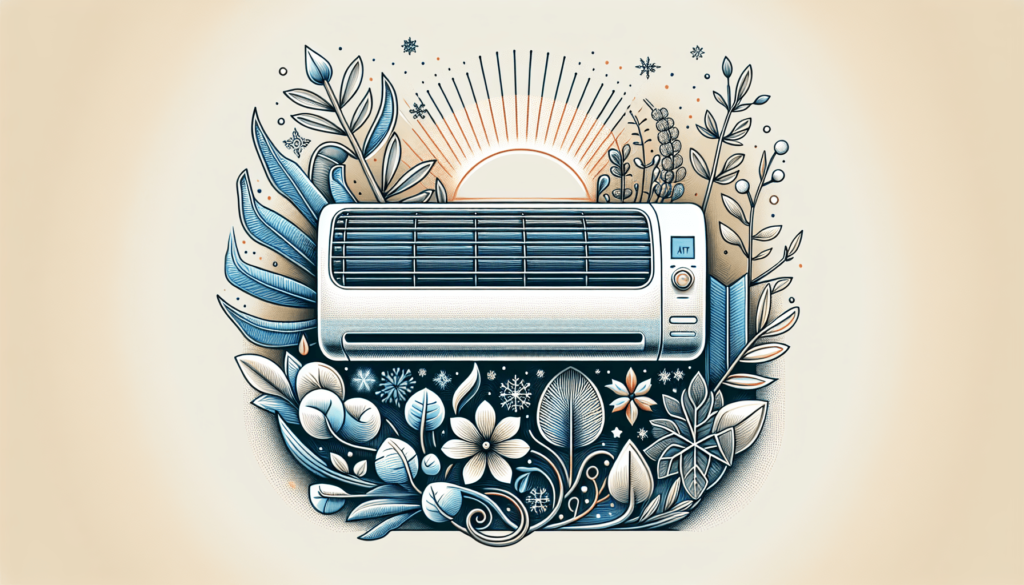
Understanding Windows Air Conditioners and Heaters
When it comes to managing indoor temperature, combining a window air conditioner and heater can be a truly effective solution. These appliances serve two vital roles—cooling your space during hot months and heating it when it’s cold. Let’s break down how these devices work and why they are beneficial.
What is a Window Air Conditioner?
A window air conditioner is a compact cooling unit designed to fit in a window or a specially constructed wall opening. It works by pulling warm air from the room, cooling it, and then recirculating the cooled air back into the space. This unit generally includes various features to optimize comfort, such as adjustable temperature settings, fan speeds, and sometimes even a dehumidification option.
How Does it Function?
Understanding the operational mechanics of a window air conditioner can help you appreciate its effectiveness. Here’s a quick overview of its inner workings:
-
Evaporation: The air conditioner takes in indoor air over coils filled with refrigerant, vaporizing the refrigerant as it absorbs heat from the air.
-
Compression: The gaseous refrigerant is compressed, raising its temperature.
-
Condensation: The heated gas moves to coils outside of the unit, where it releases heat and turns back into a liquid.
-
Expansion: The refrigerant then expands and cools before flowing back into the indoor unit, ready to repeat the cycle.
Why Choose a Window Air Conditioner?
Choosing a window air conditioner can be one of the most effective decisions for your home cooling needs. They are usually more affordable than central air conditioning systems, easy to install, and have lower energy usage for smaller spaces.
Common Benefits
-
Cost-Efficiency: If you’re looking for a budget-friendly cooling solution, window air conditioners are often more affordable to purchase and operate than central AC systems.
-
Zone Cooling: As they cool specific rooms rather than the entire house, you can pay less on energy bills and adjust comfort levels as needed.
-
Ease of Installation: Most window units come with straightforward installation guides and can be set up without professional help.
-
Versatility: Many window air conditioners also feature a heater option, adding even more functionality and comfort to your living space.
What is a Window Heater?
On the other hand, a window heater is designed to provide warmth in cold months. Like its air conditioning counterpart, it can be integrated into your window unit or offered as a standalone option.
Types of Window Heaters
Electric Heaters
Electric window heaters are compact and heat the air using electrical elements. They are easy to operate and typically come with adjustable thermostats, making it simple for you to control your indoor climate.
Gas Heaters
Gas window heaters work by burning natural gas or propane to generate heat. They can be more efficient than electric models but require proper ventilation. You’ll need to consider the installation requirements and your local utility costs.
Why Choose a Window Heater?
Choosing a window heater can be an excellent way to ensure that you stay warm when the temperature drops. You get the convenience of maintaining your desired indoor temperature without relying on a central heating system.
Common Benefits
-
Energy Efficiency: Window heaters often use less energy than whole-house heating systems, helping you save on utility bills.
-
Space Savings: With their compact design, window heaters don’t take up much space, allowing for more room in your home.
-
Ease of Use: Many window heaters come with user-friendly controls and remote options, allowing you to adjust the settings from the comfort of your couch.
Choosing the Right Unit for Your Space
When selecting the right window air conditioner and heater combo, several factors will influence your choice.
Size Matters
Understanding the size of the room you’re planning to cool or heat is crucial. Typically, the unit’s rating in BTUs (British Thermal Units) will tell you how much space it can effectively manage.
| Room Size (Square Feet) | Suggested BTU Rating |
|---|---|
| 100 – 250 | 5,000 – 7,000 |
| 250 – 400 | 7,000 – 10,000 |
| 400 – 600 | 10,000 – 14,000 |
| 600 – 1,000 | 14,000 – 20,000 |
Keep in mind, if your windows are poorly insulated or your room is surrounded by tall buildings, you may require a unit with a higher BTU rating.
Energy Efficiency
Look for models with high energy efficiency ratings to save on electricity bills. The Seasonal Energy Efficiency Ratio (SEER) and Energy Efficiency Ratio (EER) are two metrics to focus on. A higher number means lower energy consumption and more savings for you.
Noise Level
Window units can produce varying levels of noise during operation. If you’re sensitive to sound, consider models marketed as quiet or those with low decibel ratings.
Additional Features
Modern window air conditioners and heaters often boast various features to enhance your comfort:
- Remote Control: Easily adjust settings without leaving your seat.
- Smart Technology: Connecting your unit to Wi-Fi lets you control it via your smartphone or through voice commands.
- Programmable Timer: Set specific times for the unit to turn on or off, maximizing comfort while conserving energy.
Installation Considerations
While window units can be installed by yourself, there are a few factors you should consider before diving into the installation process.
Choosing the Right Location
Select a window that allows for easy ventilation and is preferably shaded. This choice enhances the overall efficiency of your air conditioner or heater. Moreover, avoid placing the unit near hot areas like an oven or direct sunlight.
Securing the Unit
Safety is crucial. Ensure that the window air conditioner or heater is securely fastened to the window frame. Use weather stripping or insulation to block any gaps that may allow hot air to penetrate during the cold months or cool air during the summer.
Professional Help
If you’re not comfortable with installation or if your window frame requires modifications, it might be ideal to enlist professional help. A proper installation ensures safety, efficiency, and longevity of your unit.
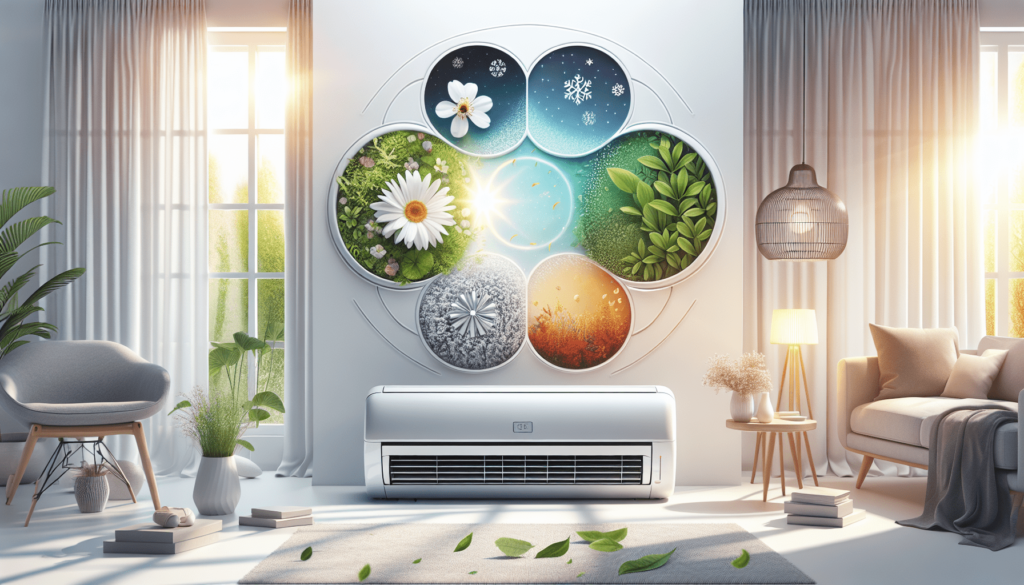
Maintenance Tips for Longevity
To ensure that your windows air conditioner and heater provide excellent service for many years, regular maintenance is crucial.
Cleaning the Filters
One of the easiest ways to keep your air conditioner or heater running smoothly is by cleaning or replacing the filters. Dirty filters can lead to poor airflow and increased energy usage.
Checking the Coils
Keep the evaporator and condenser coils clean to maximize the efficiency of your unit. If you notice a buildup of dust or dirt, cleaning these coils may enable the appliance to operate more efficiently.
Inspecting the Seals
Ensure that your window seals are intact to prevent air leakage. Sealing any gaps can significantly lower energy costs and improve performance.
Getting Professional Tune-Ups
Consider scheduling annual check-ups with HVAC professionals. They can help identify any potential problems and ensure that your unit operates at peak efficiency.
Cost Considerations
When budgeting for a window air conditioner and heater, several factors come into play regarding the overall cost.
Purchase Price
In general, window units are priced far less than central air conditioning systems, with average costs ranging from $150 to $800 depending on the size and features you choose.
Installation
While some people opt for DIY installation, you should factor in potential costs if you hire professionals. Installation fees typically range from $75 to $200.
Operating Costs
Monitoring your energy bill is crucial after installation. Depending on usage, running prices can be influenced by how often you use the appliance and its energy efficiency rating.
Maintenance Expenses
Though routine maintenance can be performed by you, any professional services will add to long-term costs. Setting aside a small budget for annual check-ups will help keep your unit in top shape.
Environmental Impact
As environmental concerns grow, many are conscious of how appliances like window air conditioners and heaters affect the planet.
Energy Usage
While window units consume less energy than central air systems, consider energy-efficient models that use less electricity. This choice not only benefits your wallet but also reduces your carbon footprint.
Refrigerants
The refrigerants used in cooling units can also impact the environment. Look for air conditioners that utilize eco-friendly refrigerants, which can help mitigate harmful effects on the ozone layer.
Recycling
Consider proper disposal of your old units when upgrading. Many places offer recycling programs for electronic appliances to minimize their environmental impact.
Conclusion
Having an efficient window air conditioner and heater not only enhances comfort but can also improve your quality of life by maintaining a pleasant indoor environment. By understanding how these units operate, selecting the right unit, ensuring proper installation, and maintaining it regularly, you can enjoy the benefits they offer for years to come.
With appropriate choices comes the power to transform your living conditions, making that sweltering summer day or freezing winter night much more manageable. So why not take the plunge? Investing in the right climate control solution can ultimately lead to a happier, healthier home.



